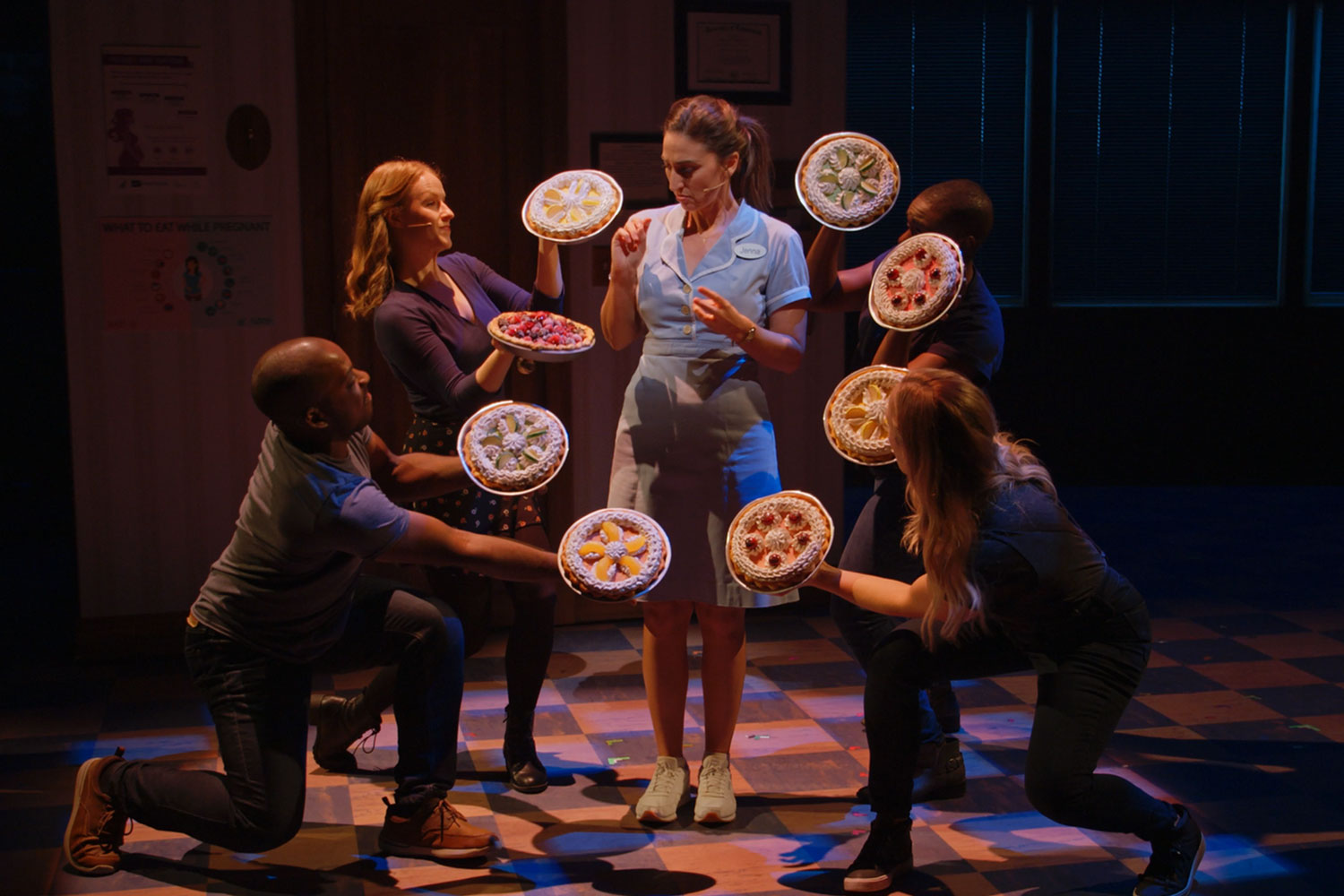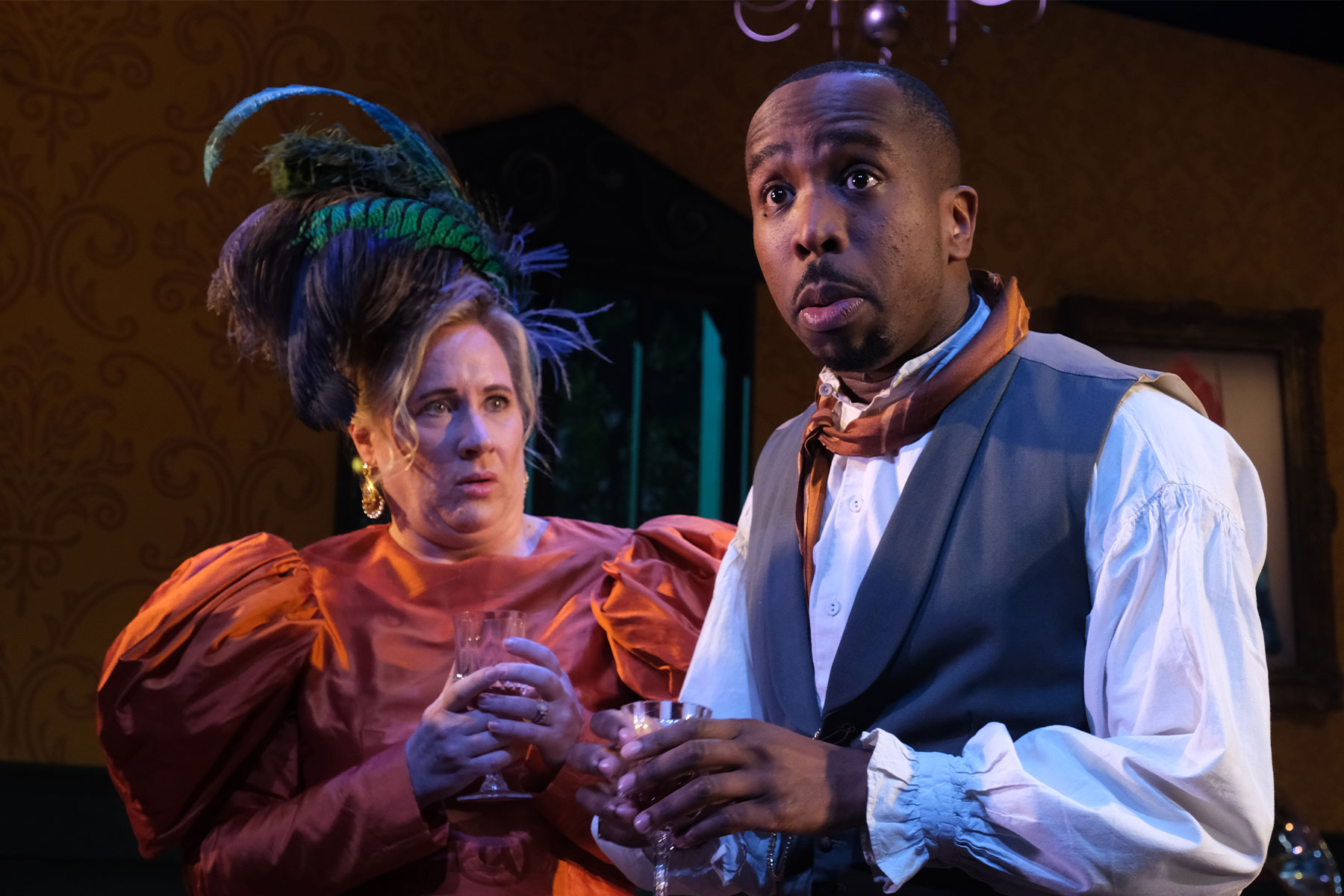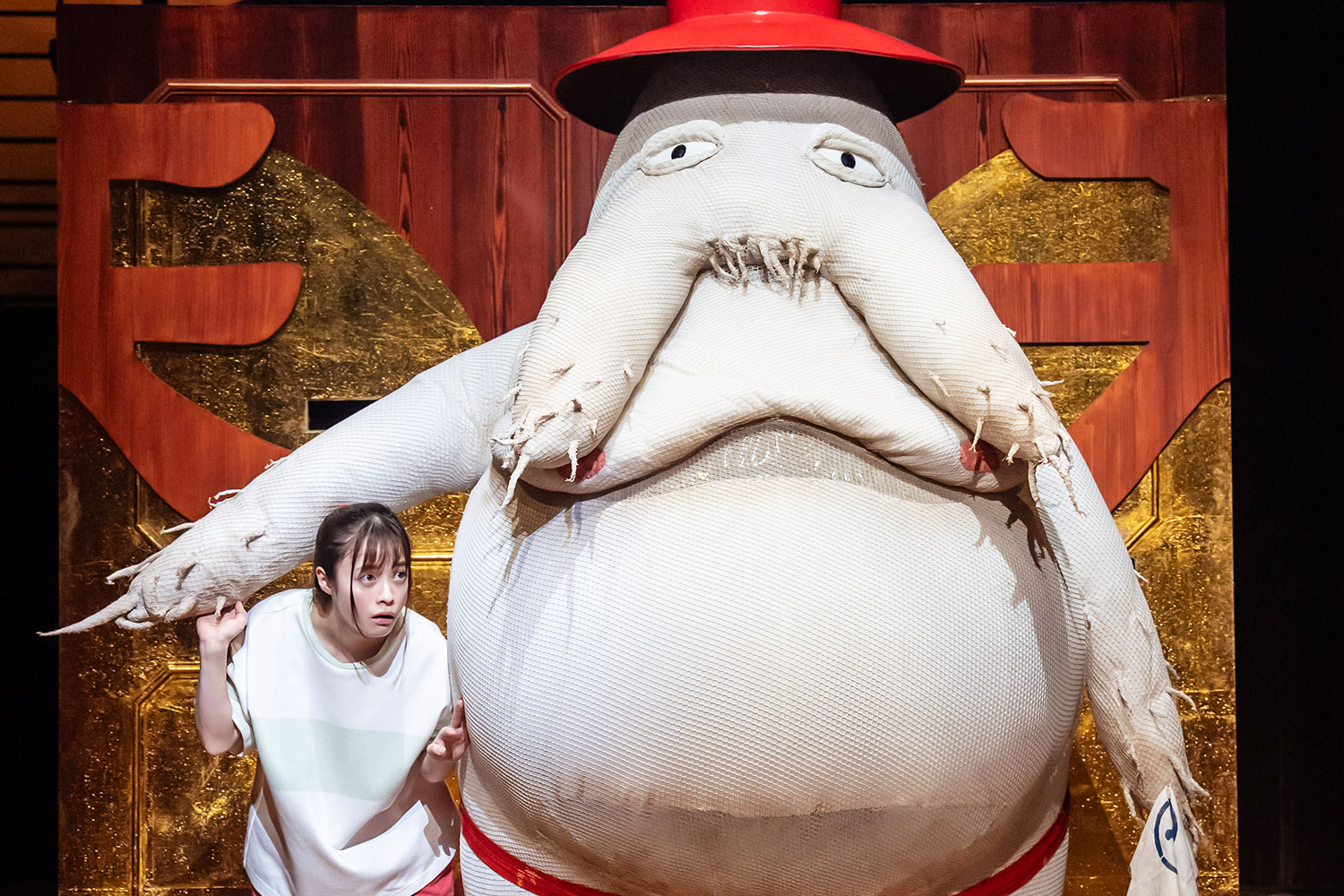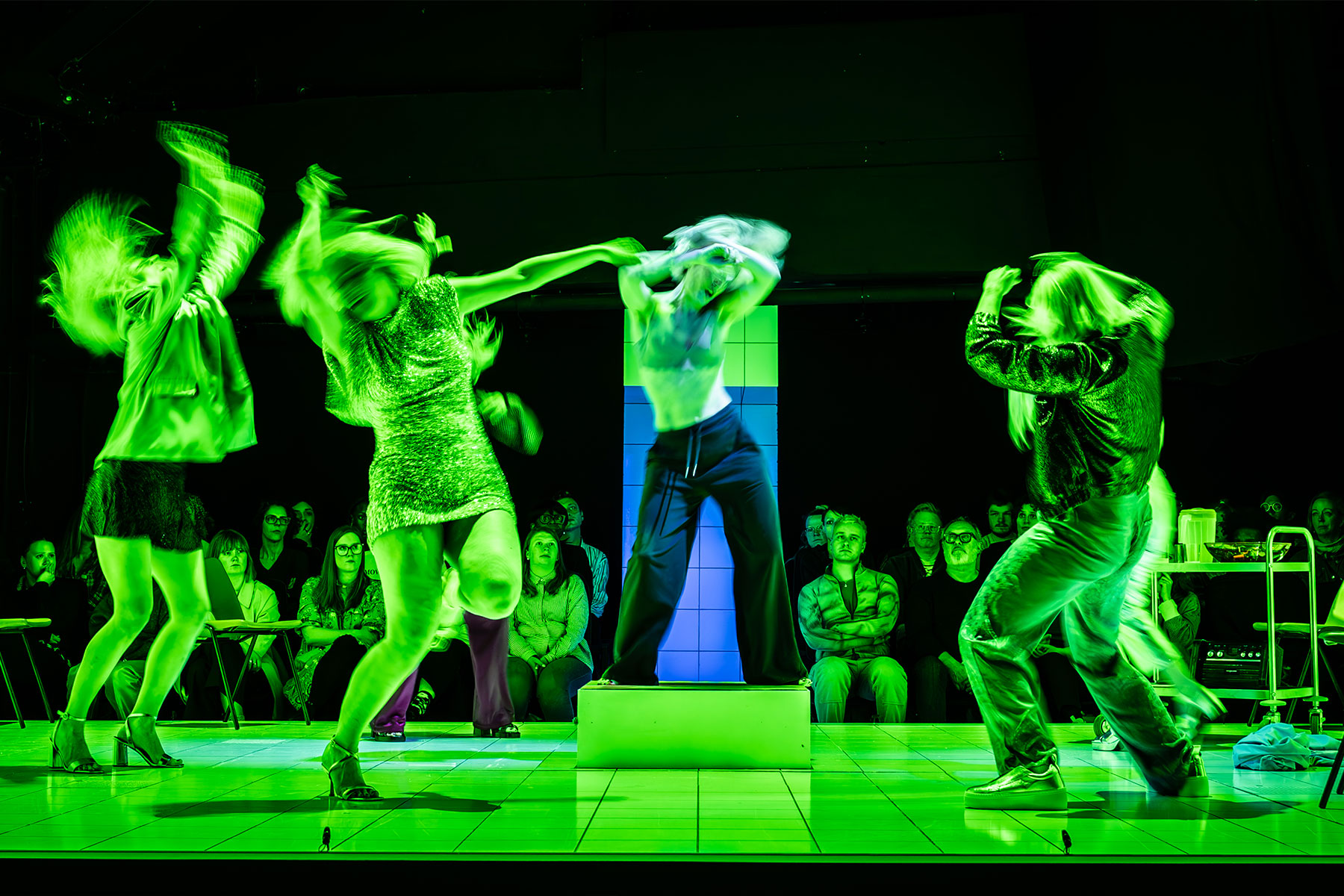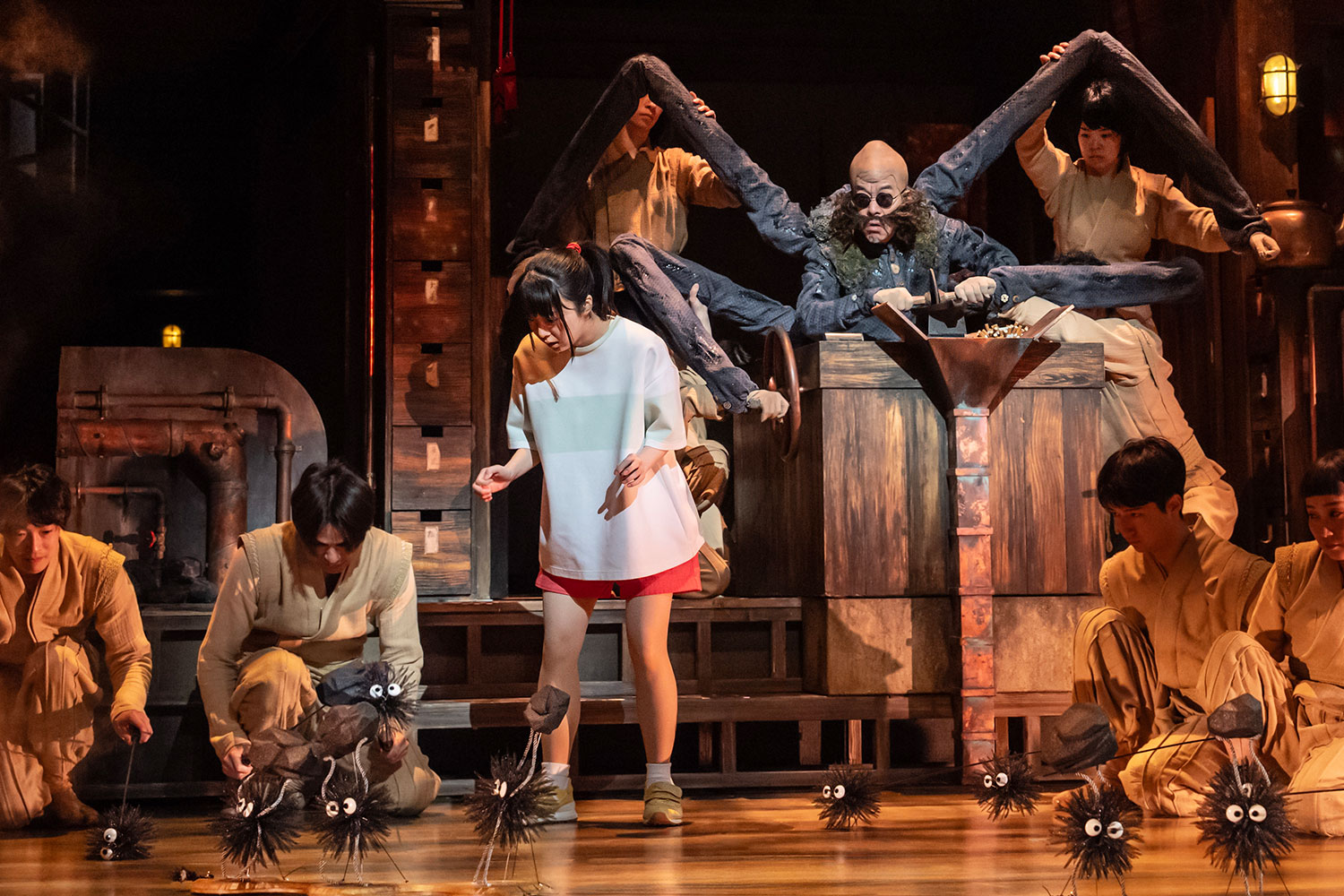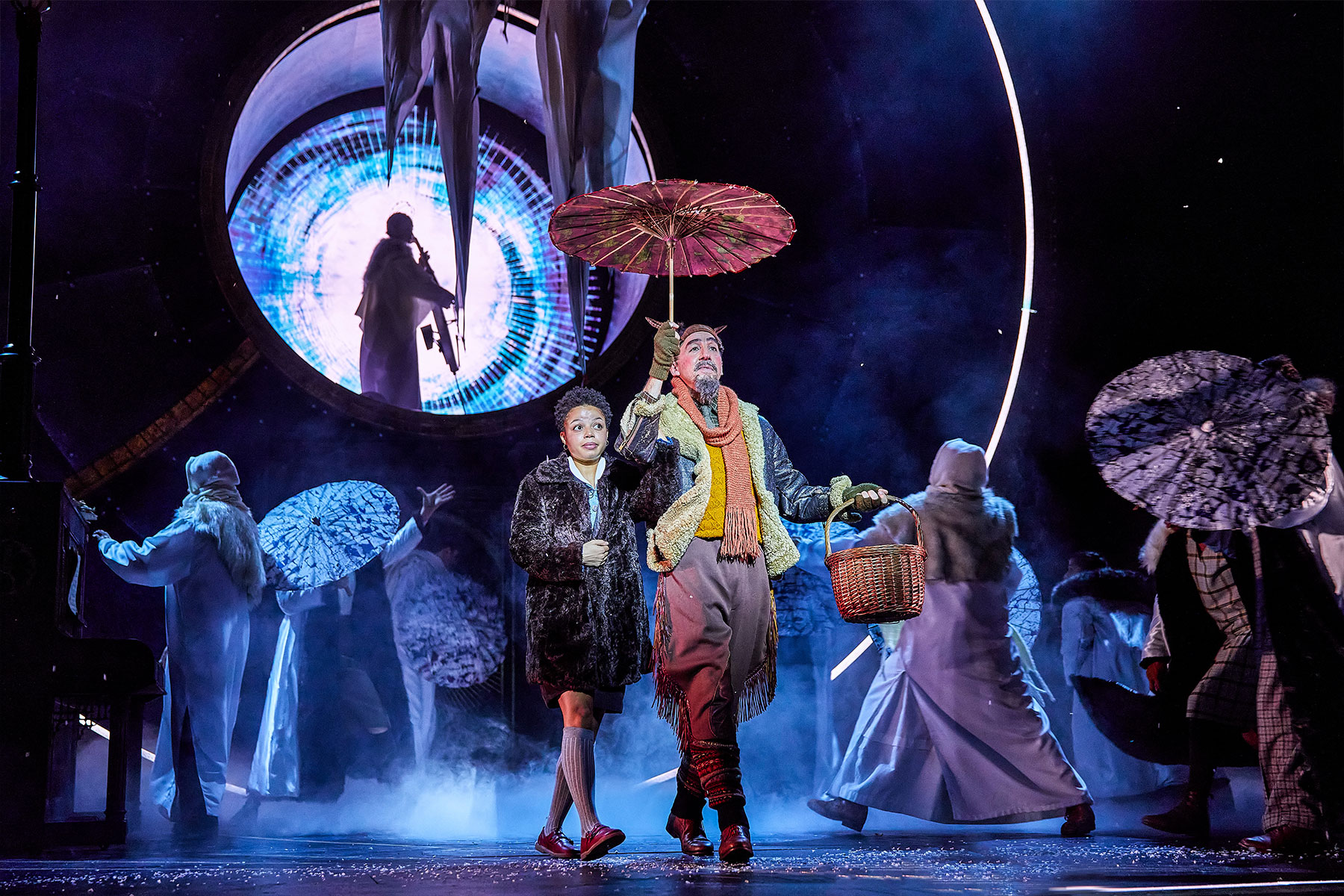Antony & Cleopatra (RSC)
Antony and Cleopatra, RSC at the Barbican Theatre
 The RSC’s is the third production of Antony and Cleopatra to hit London in the last 18 months, and it’s the best. Don’t think this means you’re in for a stupendous night at the theatre, however – this is still an unsatisfactory rendition of the Shakespeare’s tragedy. (It’s also pretty much the full text so be prepared for three and three quarters of an hour of it.)
The RSC’s is the third production of Antony and Cleopatra to hit London in the last 18 months, and it’s the best. Don’t think this means you’re in for a stupendous night at the theatre, however – this is still an unsatisfactory rendition of the Shakespeare’s tragedy. (It’s also pretty much the full text so be prepared for three and three quarters of an hour of it.)
These days, most production emphasise just how much these aging lovers are playing parts. Steven Pimlott’s direction follows this path with much emphasis on play acting and role playing. To show how much of this is just a game, no dead bodies are allowed to clutter up the stage – characters when they die just get up and walk away.
This could lead to some confusion if you haven’t seen the play before: Enobarbus looks like he’s woken up after a bit of a nap, and it would be very hard to realise that Eros has committed suicide rather than kill Antony. And Antony is not pulled up to the monument, as the text says, but rolls towards Cleopatra and her attendants. Sometimes, the result feels more like an actors’ exercise class than a major professional production.
But Frances de la Tour’s Cleopatra makes up for the faults. A sexy queen, with a voice as rich and warm as Egyptian honey, her Cleo lives up to her sexual reputation, flirting with Octavius’s ambassador and kissing her soldiers. She revels in the theatricality of her gestures. Her dramatic swoonings last but a split second before she’s on her feet again, and her death is a drawn-out affair as she obviously relishes every last minute of her final performance.
Unfortunately, de la Tour isn’t matched by Alan Bates’ Antony. Bates gives a low-key performance that neither captures Antony’s greatness nor reveals what captivates Cleopatra. There is a sense that Antony is a man living on past glories. (Let us hope this isn’t a metaphor for Mr Bates himself – perhaps he’s still feeling his way back into the part after the respiratory infection which caused him to miss an earlier Stratford production).
Nor does Malcolm Storry really do justice to Enobarbus. Speaking with the same clipped enunciation that Spitting Image’s Laurence Olivier used to employ, Storry doesn’t really come into his own until his final moments when he hangs his head with shame beside the Roman commanders whom he has just joined after deserting Antony – it’s a glimpse of what might have been.
The best performance is that of Guy Henry’s Octavius. This is not the peevish boy that Antony feels contempt for; this is the master manipulator, one with a clear vision of what he can accomplish, who visibly grows in stature during the play. His voice has the timbre and rhythms of Tony Blair and reminds you that above all, Octavius Caesar was a consummate politician.
All in all, an uneven, unsatisfying evening with some compelling performances to make the production more bearable.
Note: The following review dates from the production’s original 1999 run at the Royal Shakespeare Theatre, Stratford.
Steven Pimlott’s production of Antony and Cleopatra is rather like the eunuch’s egg – excellent in parts, but lacking vital masculine attributes.
Though not exactly masculine, Frances de la Tour’s Cleopatra is indisputably one of the play’s strengths. In the first half, she sparkles on the surface like a drama-queen, fluttering rapidly from one extravagant pose to another, skilfully sending herself up and giving us tantalising glimpses of the tragic woman lurking beneath the exaggerated postures. In the second half, as her full tragedy unfolds, she leaves us in no doubt of her stature as an actress. With Antony dead, stripped bare of all ornament, she prepares to join him in as moving a performance as can be seen on the English stage today.
The problem is Antony. Alan Bates is a fine actor and is, one presumes, doing what the director required. But to play Antony as a dissolute drunk who slurs his words, not only in the magnificently-staged orgy scene but throughout the play, is to lose a crucial dimension of the drama. If this performance was intended as a final tribute to the late Oliver Reed, it succeeds in capturing only the sad embarrassment of the man, not his underlying talent. This Antony is so sunk in sleazy debauchery he finds it impossible to win the audience’s sympathy.
Antony and Cleopatra explores the clash between private emotion and public honour, and Antony is pivotal in this examination. Will he do his duty as a noble Roman, one of the three men who rule the Empire after the assassination of Julius Caesar, or sacrifice everything for the love of the Egyptian Queen? Here there is no conflict, no contest – and hence no tension. The noble Roman has disappeared before the play opens; his ‘great love’ seems to the observer just a sordid sexual liaison – dreary, self-indulgent lechery.
Playing Antony in this way leaves a moral vacuum in the play. Malcolm Storry’s Enobarbus supplies the nobility and heroism lacking, but fails to fill the gap in the drama. It s left to Guy Henry as Octavius Caesar to save the show, which he does quite brilliantly. Usually seen as a dry Puritan with a ruthless intellect, Caesar becomes, in Henry’s hands, a sympathetic human being. Struggling against the disability of partial deafness, he is honest and decent. Hitherto best known as one of the RSC’s finest comedy actors, Henry brings a quiet dignity and endearing uncertainly to this role. The balance of the play, threatened by Antony s lack of complexity, is somehow restored. One leaves the theatre feeling that the evening has, after all, been well spent.
Robert Hole
Antony and Cleopatra opened at the Royal Shakespeare Theatre, in Stratford-upon-Avon, 23 June 1999 (previews from 11 June) and continues in repertory until 7 October.



